9-11-01 Viewed Real-Time from Haiti — Brian Concannon, Institute for Justice and Democracy in Haiti
All future vision and past remembrance is subjective, tinted by the lenses of our own contexts and experiences. September 11 can be remembered through lenses tinted with outrage and patriotic hubris, or as Brian Concannon describes, lenses tinted with empathy from suffering endured.
Brian Concannon, human rights attorney and champion of long-oppressed Haitians, recounts in a short podcast the outpouring of empathy expressed by Haitians towards him and other Americans when he was in Haiti ten years ago today. That day he and other activists were gathering to remember two other September 11ths in Haiti:
the day in 1988 when paramilitary soldiers attacked St. Jean Bosco Church while Jean-Bertrand Aristide was saying Mass;
as well as the day in 1993 when a wealthy pro-democracy activist was pulled from the Sacre Coeur Church and executed on the sidewalk.
Despite the date’s significance of political terror for Haitians, all hearts turned toward Americans on September 11 in 2001. Concannon recounts, “Strangers would stop me in the street to express heartfelt sympathy and ask after my ‘moun,’ (‘people’ in Creole) — my family and friends, especially those in New York.
“I believe that Haitians are so truly sympathetic, in part, because they have suffered so much terror themselves: from the terror of slavery… to US occupation… to state-sponsored terror, to the daily terror of not being able to feed one’s children or obtain treatment for a treatable disease. It was inspiring to see Haitians turn such trauma around and use it as a foundation for comforting others.”
Concannon goes on to explain that in Haiti “the memories of the September 11 killings are eclipsed by the many daily traumas that have hit the country since 1994.” By enumerating so many of them in his typical matter-of-fact tone, he underscores how outrageous those attacks on Haitian sovereignty and psyche continue to be.
“If there is hope,” concludes Concannon, “It is in the recognition that Americans have the same capacity for empathy that Haitians do. We can, if we chose to do so, turn around our anger and fear from our traumas and use them as a foundation for understanding trauma elsewhere, including trauma inflicted from our own policies. Accessing that empathy will be good for the rest of the world, but maybe even better for us in the United States.”
For the full podcast go to http://ijdh.org/archives/21393
For more about the continuing work of Brian Concannon, Founder and Director of Institute for Justice and Democracy based in Boston and its sister organization Bureau des Avocats Internationaux based in Haiti, see www.haitijustice.org.
The Haiti Fund at the Boston Foundation will feature Brian Concannon discussing Human Rights and the Rule of Law in Haiti at a public forum on October 27. For more information about the Haiti Fund see www.bostonhaitifund.org and to RSVP contact laura.mcconaghy@tbf.org.

